Discover Climactic
Climactic

Climactic
Author: Climactic
Subscribed: 77Played: 2,463Subscribe
Share
Description
We live in Climactic times. The culmination of billions of lives lived since the Industrial Revolution. The Anthropocene - our current age of technology, machines, and an insatiable need for fuel - has changed the planet and set us on a new path. There is now broad agreement that the consequences of our collective actions are severe. We're facing an unprecedented future with a destabilised natural world due to rising temperatures.Climactic tells the stories of the people making a difference. Regular people like us, in a daily struggle to live sustainable lives. We want to be the people's voice on climate change, embedded in the community, from the perspective of the actual people.We want to hear these powerful stories. Are you a member of a community environmental group? Do you have knowledge of climate change? A regular person struggling to figure out your role?We'd love to help you tell your story.
See acast.com/privacy for privacy and opt-out information.
See acast.com/privacy for privacy and opt-out information.
337 Episodes
Reverse
Who are we? Storytellers and podcasters.The climate crisis is going to take all of us to address, and before long everyone will be climate change-effected. Isn't it time our podcasts engaged with that reality?And yet, on June 24th, 2022, the Climactic Collective will disband, and the website Climactic.fm will deactivate. Here's why. See /privacy for privacy and opt-out information.
Read the comprehensive shownotes here. See /privacy for privacy and opt-out information.
Dylan Quinnell from the Climate Media Centre recorded with members of some of Australia's leading climate action groups, the day after the election. This short episode is a great way to listen back on their excitement from the election results, and a great way to get yourself pumped to take action in this new chapter for Australia!Audio grabs and quotes below: Rural and regional Australians respond to the Federal Election, and what they want to see happen next: AGRICULTURE Fiona Davis, CEO of Farmers for Climate Action, from regional Victoria, talks about the importance of climate in the election, and the need for stronger climate policies moving forward, to farmers including the organisation's 7,000 supporters. Fiona says we need deep emissions reductions this decade to protect Australian farmers from extreme weather events, and to ensure farmers can continue to produce food for Australins and the world. [Audio grabs from Fiona Davis] Charlie Prell, chair of Farmers for Climate Action, and fourth-generation sheep farmer who also hosts wind turbines on his property in Crookwell, NSW talks about how climate change has become an important issue in the bush. He talks about the election, including increased support for Nationals' candidates more progressive on climate, as well as the need for integrity and progressive action in government moving forward. [Audio grabs from Charlie Prell] : BUSHFIRE SURVIVOR Jo Dodds, president of Bushfire Survivors for Climate Action and bushfire survivor from Tathra, NSW South Coast, talks about how the issue of climate change motivated many voters this election. She also talks about the urgency and immediacy of the climate change threat and what she and fellow bushfire survivors want to see from the new government. [Audio grabs from Jo Dodds] HEALTH EXPERTS Dr John Van Der Kallen, Chair of Doctors for the Environment Australia, who also specialises in air pollution, from Newcastle, NSW, talks about how people had climate policy at the forefront of their minds after all of the recent extreme weather events. He also talks about how climate change is the greatest health concern for many health professionals as well as calls on the government to do more within the health industry and more broadly. [Audio grabs from Dr John Van Der Kallen] PARENTS Laura Grufas, parent from Ocean Grove, VIC, and member of Parents for Climate Action, calls on the new government to listen to the scientists when it comes to climate change and address parents' immediate and urgent concerns including phasing out fossil fuels including gas. She also talks about embracing the amazing renewable energy opportunities we have in Australia for future generations.[Audio grabs from Laura Grufas] Bianca Sands, parent from Hervey Bay, QLD, and member of Parents for Climate Action, talks about how parents voted for their children's futures this election, and welcomes the newly elected government's commitment to end the “climate wars”. She also talks about the great opportunity and potential for Australians, particularly in the rapidly developing clean energy industry.” [Audio grabs from Bianca Sands] Dr Jasper Lee, parent and health care provider from Adelaide, SA, and member of Parents for Climate Action, talks about climate change being an important issue for a lot of people around him in the Mitcham Hills, which has an extremely high bushfire risk. He also talks about the impact of climate change our physical safety and on our most vulnerable people.[Audio grabs from Dr Jasper Lee] Anna Harvey, parent of two from Sydney, NSW, and member of Parents for Climate Action, talks about how after the drought, the bushfires and now the floods, so many people were desperate for meaningful change to see better climate policies. She also talks about how there are so many good policies that would reduce our emissions while making our homes comfier, our energy bills lower and air cleaner.[Audio grabs from Anna Harvey] YOUNG PEOPLE Alex Fuller, National Director of the Australian Youth Climate Coalition, from Brisbane, QLD, talks about how young people across Australia want to see strong climate action from the next government and climate change is the top issue impacting the way young people vote. She also talks about young people wanting to see the next government commit to no new fossil fuel projects, like coal and gas.[Audio grabs from Alex Fuller] See /privacy for privacy and opt-out information.
Sci Fight is a quarterly science comedy debate, with your definitely qualified host, Alanta Colley (citation needed). Sci Fight brings together science folk and comedy folk, and makes them debate the big issues in a silly way.This round we turn to pleasure. Finally! What is it? Where does it come from, and can I have some please? Pleasure is part of our biological make-up; evolution's way of prodding us to consume calories, procreate, and not freeze to death, so surely seeking pleasure is only natural? If nothing else, pleasure is a small compensation for all the suffering we endure simply by being trapped in these ridiculous meat vehicles, what with all their tooth decay, ear ache, period pain, and haemorrhoids. Can we not have a little dopamine as a treat? Why not steer our ship of purpose towards the cape of pleasure? Or is pleasure a false god? Simply a smoke screen for more pain? Was it pleasure that led to the tooth decay in the first place? Is pleasure only ever a short term reward, where the deeper satisfactions born from hardship, suffering and sacrifice? One can't imagine Marie Curie bunking off early from the lab for a cheeky pint and a parma. Does the pursuit of pleasure prevent us achieving all that we are fully capable of as a species? What ever happened to those kids in the marshmallow test? Are some of them still waiting? Join us at the Howler for an evening of passionate and pleasurable discourse as scientists and comedians dissect our purpose, our passions and our pitfalls. See /privacy for privacy and opt-out information.
In this episode a great conversation with Ross Anderson, all about the truly inspiring story of AQUNA Sustainable Murray Cod and the premium, murray cod they produce for consumers, restaurants, international markets and leading chef's like Josh Niland. It's an uplifting, can-do story about business leadership and innovation, smart, passionate people and their commitment to sustainability that all adds up to a world first, all grown in regional NSW.I've long wanted to do a 'positive' story about aquaculture, especially given the impacts of large-scale industrial Tasmanian salmon production, the story Richard Flanagan tells in Toxic - The Rotting Underbelly of the Tasmanian Salmon Industry, pub 2021. Flanagan's ‘Toxic' is a heart and environmentally wrenching story, but it isn't all bad news. In a webinar he presented about the issues, he shone light on where there's hope and great potential – to expand, sustainable land based, vertically integrated, closed loop land based aquaculture.AQUNA is an award winning, land-based, producer of murray cod - one of the most ancient, delicious and highly revered fish, once prolific in the wild, listed as nationally threatened in 2003, and so special to First People's and Murray Darling basin ecosystems. During recent fish kills, the business supplied aerators to the Menindee Lakes and have released some 23 million murray cod fingerlings back into the Murray Darling river to help restore fish stocks and ecosystem health. Love it. AQUNA is an industry leader internationally and in the local Griffith community and environment – employing people in clever jobs, growing vertically integrated, circular-resource use production. Listen in and check out their website to learn more about their commitment to sustainability and whole-of-system innovation in this space. Aquna Sustainable Murray Cod is listed as “GREEN” on the The Good Fish Guide. The Good Fish Guide, an app and website, is a sustainability initiative by the Australian Marine Conservation Society. The guide is an independent reference that helps chefs and consumers make informed decisions on the seafood they eat and serve.Aquaculture is one of the fastest growing food producing industries in the world – a key and growing source of protein. According to the United Nations' Food and Agriculture Organization, global aquaculture production rose 520% for the period 1990-2018 (FAO, 2020). Some 54% of seafood consumed worldwide is produced through aquaculture, but approximately 87% of seafood purchased in New South Wales is imported. So there are enormous domestic and export opportunities for sustainably produced, high quality fish and AQUNA are leading the way to do just that. Bravo AQUNA and thank you Ross for such a great conversation (and for what you all do)!AQUNA's website @ aquna.comFollow AQUNA:Insta: @ aqunasustainablemurraycod/FB: @ AqunaSustainableMurrayCodFollow Nourishing Matters Insta @ nourishing_mattersFB @ nourishingmatterstochewon See /privacy for privacy and opt-out information.
Mike King shares his journey transitioning from professional arborist to foraging tour guide and plant educator, with a focus on how to create space in life to be creative and follow your interests.We talk about native spices, edible plants, taking over an abandoned horticulture project, where to get educated on plants, foraging tours and much more!Links:Follow Mike on InstagramFinders Eaters Foraging (book a foraging tour with Mike)Earthworkers Programme (16- 20th May)Country Calendar Episode 13, Season 2021Wild Trees (book on climbing Redwoods)The Common Unity ProjectPlants for a futureA field guide to native edible plants (book)Salt and Straw icecream See /privacy for privacy and opt-out information.
Vote Gas Out: Renewables are our futureAs the federal election campaign is upon us, the webinar aims to inspire and assist us to challenge the Governments' gas expansion schemes in our local federal election campaigns.Speakers:Freja Leonard, Lock the GateSaul Griffith, author of ‘The Big Switch'Bruce Robertson, Institute for Energy Economics and Financial AnalysisThis action webinar will remind us, that Governments' policies for massive gas expansion across Australia will be devastating for climate and environment. It will also bring to our attention that a renewable path is not only possible but of great benefit to us all. Most of all, as the federal election campaign is upon us, the webinar aims to inspire and assist us in our local federal election campaigns to challenge policies promoting gas expansion. See /privacy for privacy and opt-out information.
Get your Pinkish Pods!What does your laundry have to do with the climate crisis?What's a Pinkish Pod?Can Mark make Eav interested in Unique Selling Points, marketing, and revising Milton Friedman economics?Find out in this episode! See /privacy for privacy and opt-out information.
Get more of Climate Conversations here.Phoebe Gardner (pictured), co-founder and CEO of Bardee, is so excited about her young company, that her positivity is almost palpably and, most certainly, infectious.The Melbourne-based Bardee is built around, or upon, the wonders of what could be one of our climate heroes, the Black Soldier Fly.Listen to Phoebe talk and you'll get a sense of just how important this small insect is with regard combating the climate crisis.Enjoy "Music for a Warming World". See /privacy for privacy and opt-out information.
Get more episodes here.Guest in The Tunnel on 6 April is Robert Patterson from Geelong Renewables Not Gas. We hear excerpt of speeches from UN Chief Antonio Guterres, Labor leader Anthony Albanese and Geelong climate activist Lauren Dillon.Read the full notes, full of tweets, videos and more info at https://climatesafety.info/thesustainablehour406/. See /privacy for privacy and opt-out information.
Get more of Nourishing Matters To Chew On.A great conversation with Alex about his experiences, reflections and the perspectives he brings to his work that's all about people centred development for community and ecosystems resilience, livelihoods and food security in a changing climate. Alex has deep experience in community development and working with Indigenous people in East Timor, Central Australia and now with island communities in the Pacific.We kick off with the idea of the ‘island' and that we're all (pretty much) islanders now given the increasingly uncertain, volatile waters of climate change we all face but that especially pose direct, immediate challenges to island people and communities. Our conversation ranges across Alex's diverse and oft overlapping community development experiences and zooms in on the contrasting and sometimes very similar food security challenges faced by many of the people and communities Alex has worked with in tropical, arid and temperate remote and island locations. We talk:Colonialism and its legacies, past and present…community development work and how it is approached ‘differently' here and overseas in the Pacific and elsewherefood security and climate change in central Australia carbon markets, climate change work to support Indigenous land and island owners to build more resilient livelihoods and help protect and restore ecosystems …and we talk about the changing face and place of permaculture, pushbacks, changing perspectives and reflective conversations underway… Alex McClean has worked in community development, food security, sustainable livelihoods, natural resource management and climate change across the Asia-Pacific region and remote Central Australia for 15 years. He is an experienced field level practitioner, having worked with numerous communities and community based organisations on strengthening the mutual ties between access to land, natural resources and viable livelihoods. Alex established Arid Edge Environmental Services in 2013, the social enterprise arm of the Arid Lands Environment Centre in Alice Springs. He currently works for Nakau on forest carbon projects with customary landowners in the pacific. Alex lives in Alice Springs with his family and still enjoys pottering in the veggie patch. Last years pomegranate crop was particularly satisfying. Learn more about Nakau and the great work they do @ nakau.org And follow Nourishing Matters and Foodswell @ Twitter @foodswell1Instagram @nourishing_matters Facebook @ nourishingmatterstochewonIf you'd like to give Nourishing Matters a hand, support the podcast us by making a donation @ givenow.com.au/nourishing See /privacy for privacy and opt-out information.
Learn more about food security and farming in Melbourne's last market gardens. The last chance lands: Werribee South's market gardens - by Jess Fairfax, on ABC Earshot. This episode is from Climate Conversations, get more here. Jamie Gilbert is the key player behind the Seymour Alternative Farming Expo but immediately points out that he is just one of a committed and enthusiastic small team that makes the annual event a reality.But it is more than Jamie and his small team, as working equally diligently to ensure the success of the expo are more than 30 community organizations from in and around Seymour.Seymour's Kings Park will be packed with exhibitors for the three-day event, opening on April 1, and among them will be Farmers for Climate Action which will help farmers better understand the complexities and challenges of climate change.The final night in Seymour will see the launch of a six-town roadshow by Farmers for Climate Action (details on the group's website) with the goal of those events being the establishment of a structure that ensures support, connection and knowledge for all farmers.Enjoy "Music for a Warming World".Support the show: https://www.patreon.com/climateconversations See /privacy for privacy and opt-out information.
Find more of The Good You Can Do here. The Wairarapa Eco Farm was born out of a desire to produce quality food with ecological integrity. The farm is situated on the Tauherenikau Plains in South Wairarapa. Over the last 20+ years, it has grown from bare paddocks into a secluded oasis. The owners, Frank and Josje, and their family have created their very own micro-climate which has given them the opportunity to grow a wide variety of crops for their Community Supported Agriculture (CSA) programme.In this episode, I visit the farm to learn more about the CSA concept, meet the team who are so passionate about feeding healthy food to their local community, and get a glimpse into what it's like to live in a world where you are constantly co-creating with nature. You can learn more about Wairarapa Eco Farm (and apply to join their CSA) at their website:http://wairarapaecofarm.com/You can also check out this epic video on the farm by Happen Films:https://www.youtube.com/watch?v=hWkYtZxpQUoYou can also follow them on Instagram to see what's in their CSA boxes each week:https://www.instagram.com/wairarapa_eco_farm_/ See /privacy for privacy and opt-out information.
Find more of Climate Conversations here.Manik Suri (pictured) through his company "Therma" is working to ensure the temperature of the world is just right - not too hot and not too cold.Those Goldilocks-like conditions - not too hot, not too cold, but just right - are aimed at ridding the world of its massive food waste numbers, numbers that are, according to Manik, "crazy".Manik appeared with his counterparts at a New York Times event at last year's Glasgow COP 26 to talk about getting back to basics and building resilient supply chains.Enjoy "Music for a Warming World". See /privacy for privacy and opt-out information.
In light of the flooding on Australia's east coast, and the invasion of Ukraine, a re-release of a highly relevant episode.The International Organization for Migration estimates that between 25 million and 1 billion people will move as a result of climate change within the next 30 years.Toby Kent, the City of Melbourne's first Chief Resilience Officer, joins Mark Spencer to talk to the Deputy Executive Director of the Mayors Migration Council to talk migration, urbanisation, climate change, and the collision of these factors. Kate is an immigration policy expert with over a decade of experience working on international, national, state, and local policymaking and advocacy.Toby Kent is an entrepreneur, professional speaker, and business advisor. His work focuses on helping organisations thrive in the face of challenge. He is a board member of the Business Council for Sustainable Development Australia and for over five years was metropolitan Melbourne's Chief Resilience Officer.Mayors Migration CouncilMMC COVID-19 ResponseMMC TwitterAnd, for a migration crisis right on the doorstep of Australia, happening to Australian citizens, please take part in this campaign to call on the Australian Federal Government to act on climate change with the urgency required - as we see the Torres Strait Islands being inundated by rising seas. https://ourislandsourhome.com.au/ - Sign the petition, watch the video, share it with a friend. See /privacy for privacy and opt-out information.
Find more episodes from The Independents here. Journalist and foreign correspondent Zoe Daniel talks about how her work has taught her to listen, to suspend judgement, and how to synthesise the best information available, to position Australia as a valuable player in climate-positive futures. She is standing for the seat of Goldstein.https://www.zoedaniel.com.au/ See /privacy for privacy and opt-out information.
Get the full miniseries here. Do it!As the prospect of runaway climate change becomes tangible, serious consideration is given to technoscience to lessen the likelihood of triggering this tipping point. What's to gain and what's at risk when technoscience is proposed to manipulate the global climate on such a scale? From micro and synthetic biology to earth systems and climate engineering, in this episode we consider some of the emerging science that perhaps – just perhaps – might help with the unfolding crisis. See /privacy for privacy and opt-out information.
Find the whole show here. In this episode, learn how play can be used to provoke productive conversations about climate.We chat with Harry Lee Shang Lun, the game designer of Convergence. Written in collaboration with Noongar researcher Cass Lynch, and commissioned by Arts House for Refuge 2021, Convergence is a hybrid web and tabletop experience that invites players to question what decisions they will make to create and break a world living through climate change. In this interview, we explore the power of play to imagine alternative futures living with climate change and test political decisions. We get comfortable with discomfort and consider why we need to push boundaries of trust in order to create a new shared future with loved ones. Sometimes play is the most radical thing you can do to find authentic connections outside of our current systems of oppression and inequality. Play Convergence online: https://convergence.place/Visit Seed, Australia's first Indigenous youth climate network: https://www.seedmob.org.au/Recorded on 27 September 2021Join the Facebook group to comment, ask questions and provide feedback: http://bit.ly3vMZZCL For more great podcasts on similar topics, visit the Climactic Collective website: http://www.climactic.fm See /privacy for privacy and opt-out information.
Subscribe to Nori's Reversing Climate Change podcast here: https://nori.com/podcasts/reversing-climate-changePrior to COP26, there was a big problem in international carbon accounting. Both the country where a carbon credit was generated and the country where it was sold could count those very same credits toward their Paris climate commitments. COP26 seeks to remedy this issue with the practice of double entry bookkeeping. But is it too late? What are the unintended consequences of implementing the new rules now?Aldyen Donnelly is a cofounder, advisor, and former Director of Carbon Economics here at Nori. She also serves as a carbon markets advisor to several organizations, including Terramerra, Inc. and the Livestock Carbon Exchange. On this episode of Reversing Climate Change, Aldyen joins Ross and Nori CEO Paul Gambill to discuss how the new rules will lead to export controls for carbon credits and describe how such protectionism is likely to impact developing nations.Aldyen and Paul share their concerns around blockchain crypto projects like KlimaDAO and weigh in on why carbon removals are preferable to carbon avoidance credits. Listen in to understand why throughput might matter more than permanence and learn how the upcoming Nori token launch aims create a true price discovery mechanism for carbon that others can use.Connect with RossPurchase Nori Carbon RemovalsNoriCheck out our other podcast, Carbon Removal NewsroomResourcesAldyen on Reversing Climate Change EP031‘Cryptocurrency Traders Move into Carbon Markets' in The Wall Street JournalKlimaDAOToucan ProtocolOlympusCareers at Nori See /privacy for privacy and opt-out information.
Listen to the show on the radio, find out how from https://www.3cr.org.au/climateaction.Subscribe to the podcast on the Climactic Collective from https://www.climactic.fm/show/the-climate-action-show.Produced & presented by Carly DoberGuests:Emma Bacon - Executive Director of Sweltering CitiesEmma Bacon is the Executive Director of Sweltering Cities. Emma is an activist and campaigner passionate about sustainable and joyous cities for a world changed by a heating climate.Find out more:https://swelteringcities.org/(link is external)SongLord Huron - Mine ForeverNato- Blockade IMARC Activist Nato is an activist and campaigner against extractivism and mining who shares with us how to get involved with this year's Blockade IMARC January 31 in Melbourne, Australia.Find out more:https://blockadeimarc.com/(link is external)SongLe Youth- AcquiverClimate updates from Climate for Changehttps://www.climateforchange.org.au/Divesthttps://www.marketforces.org.au/ See /privacy for privacy and opt-out information.


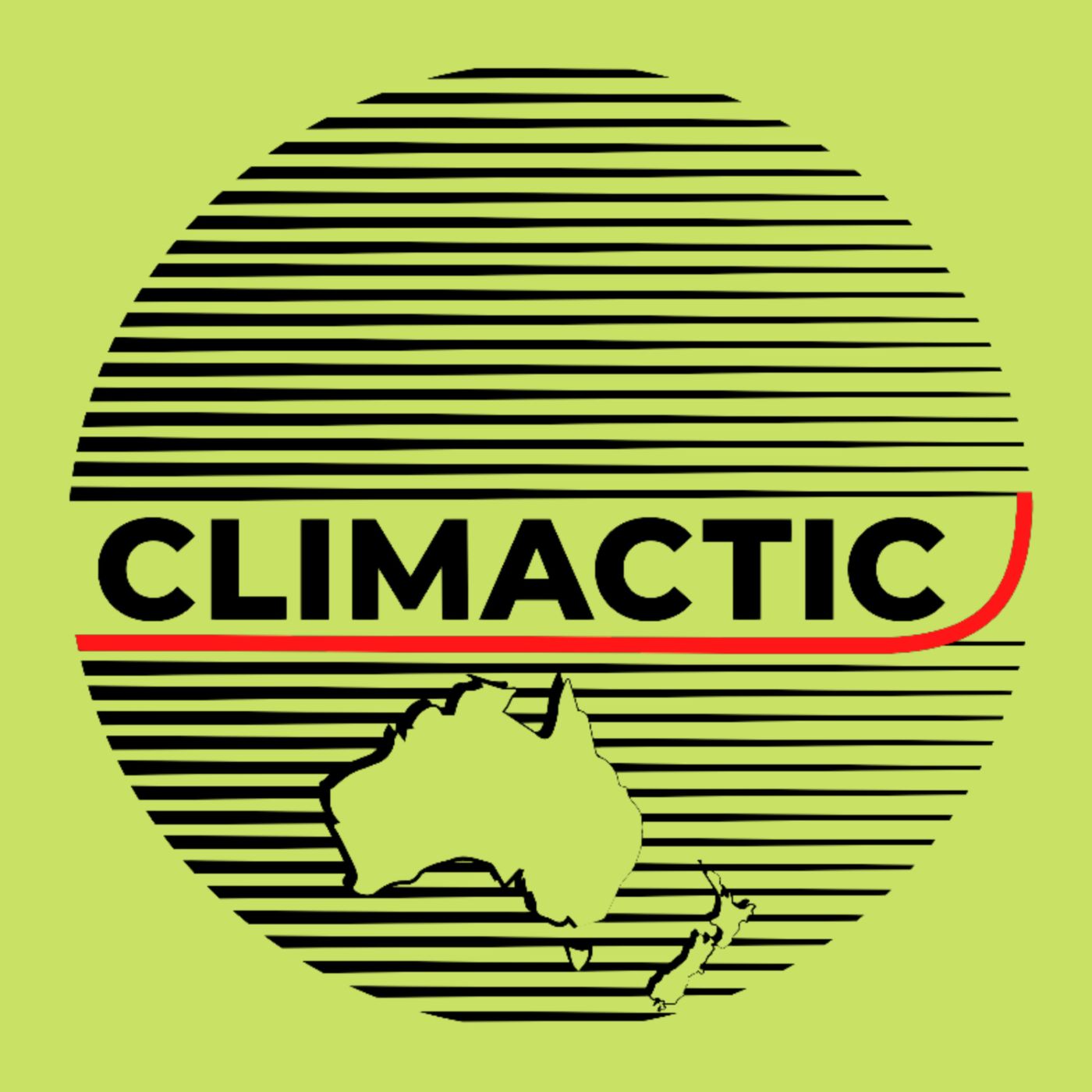
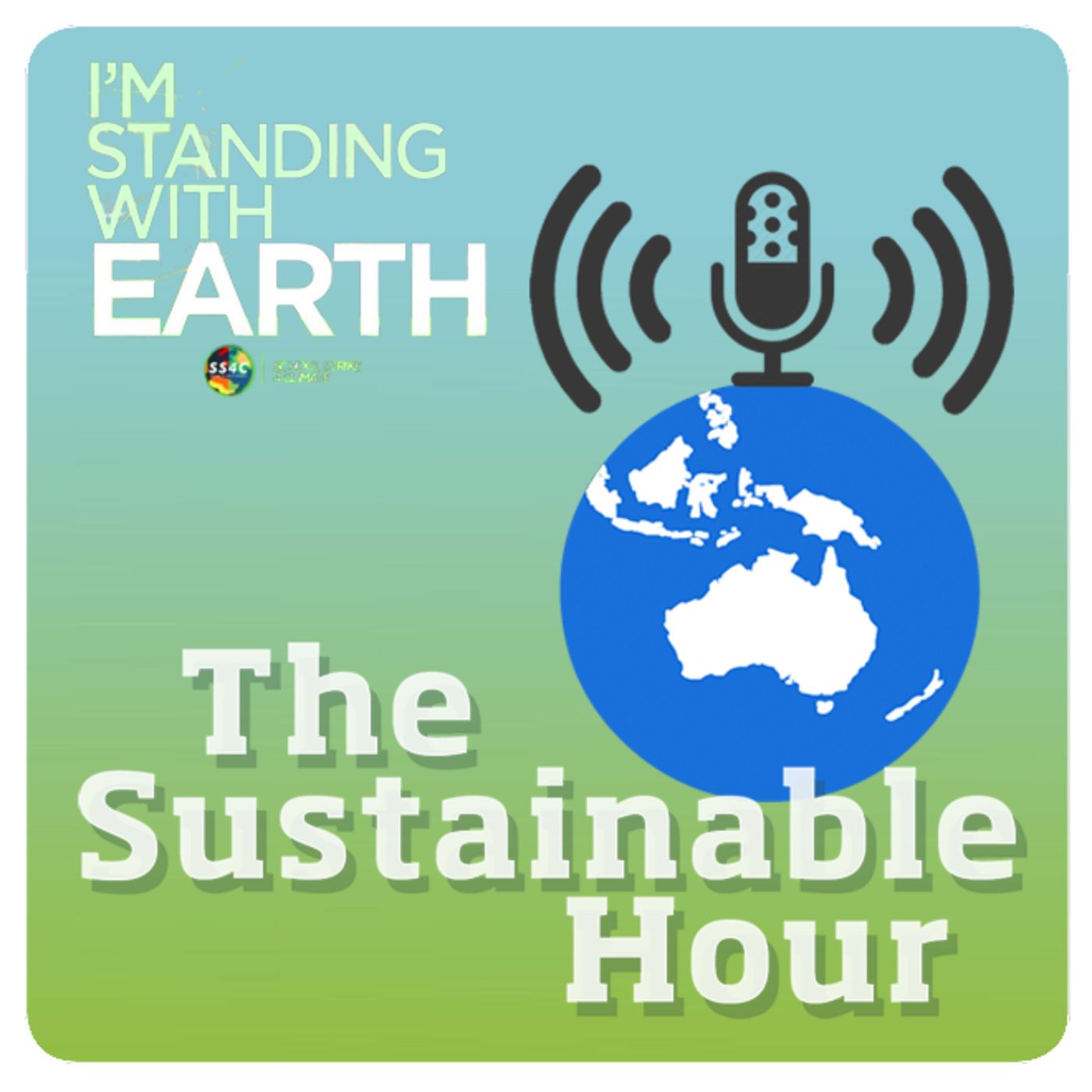
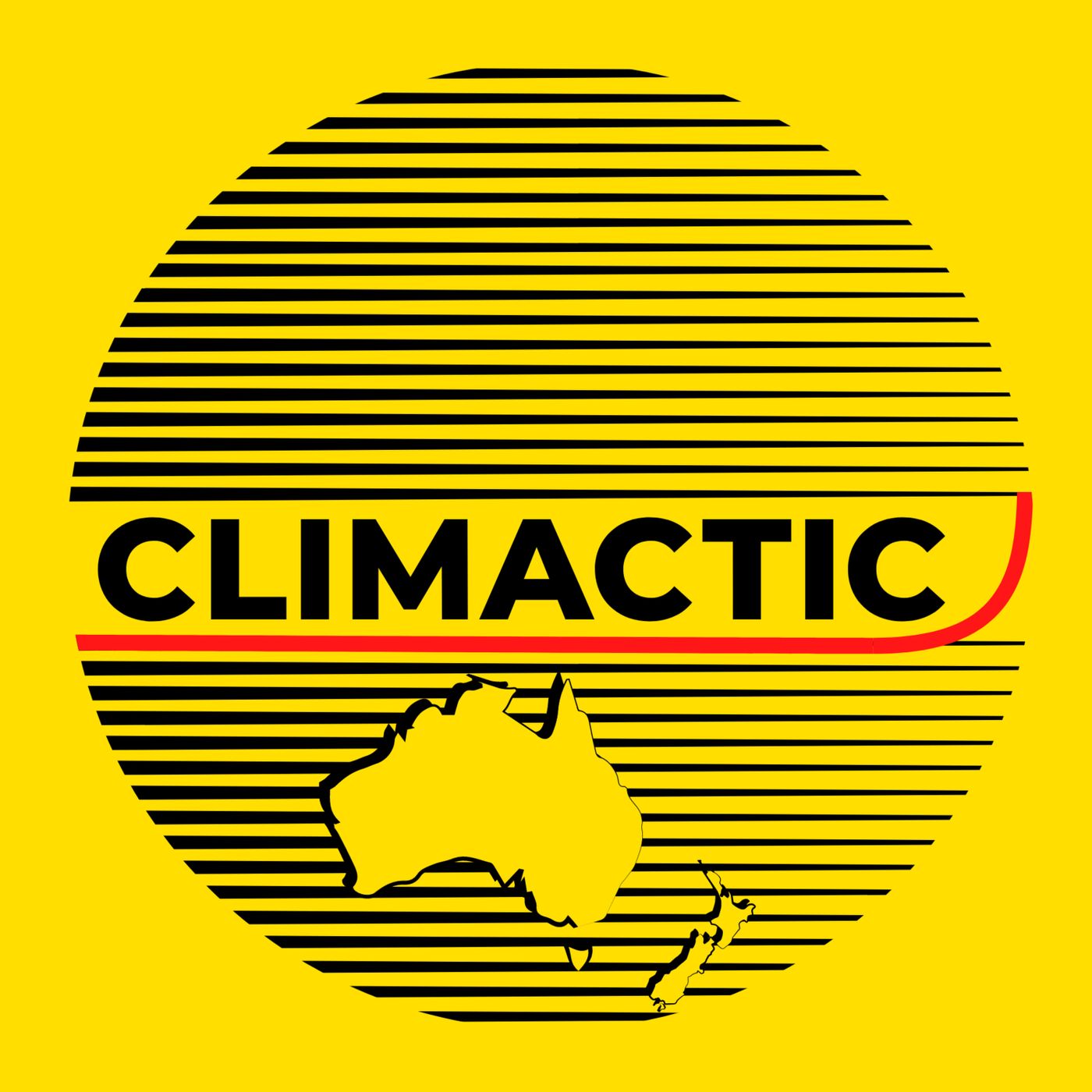
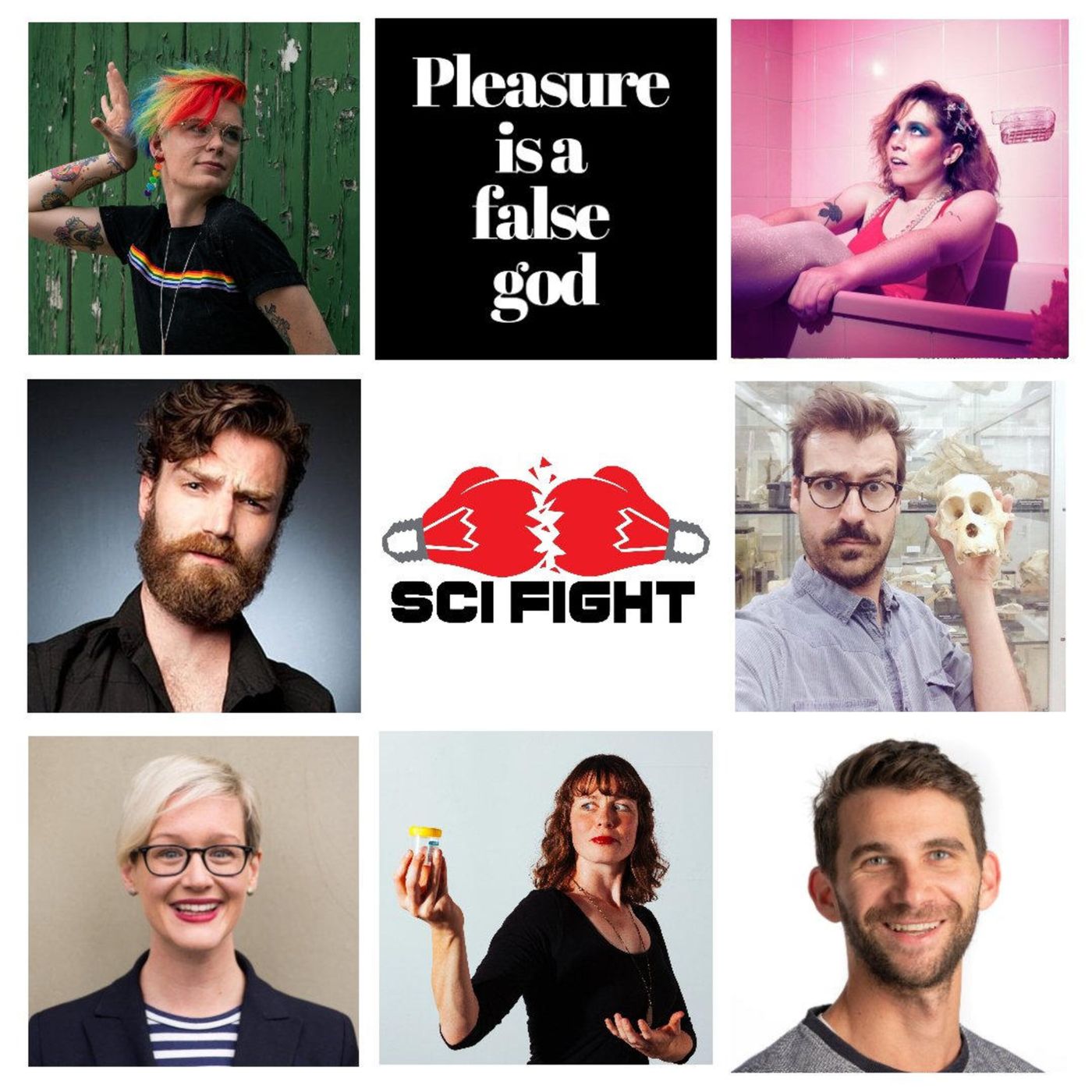
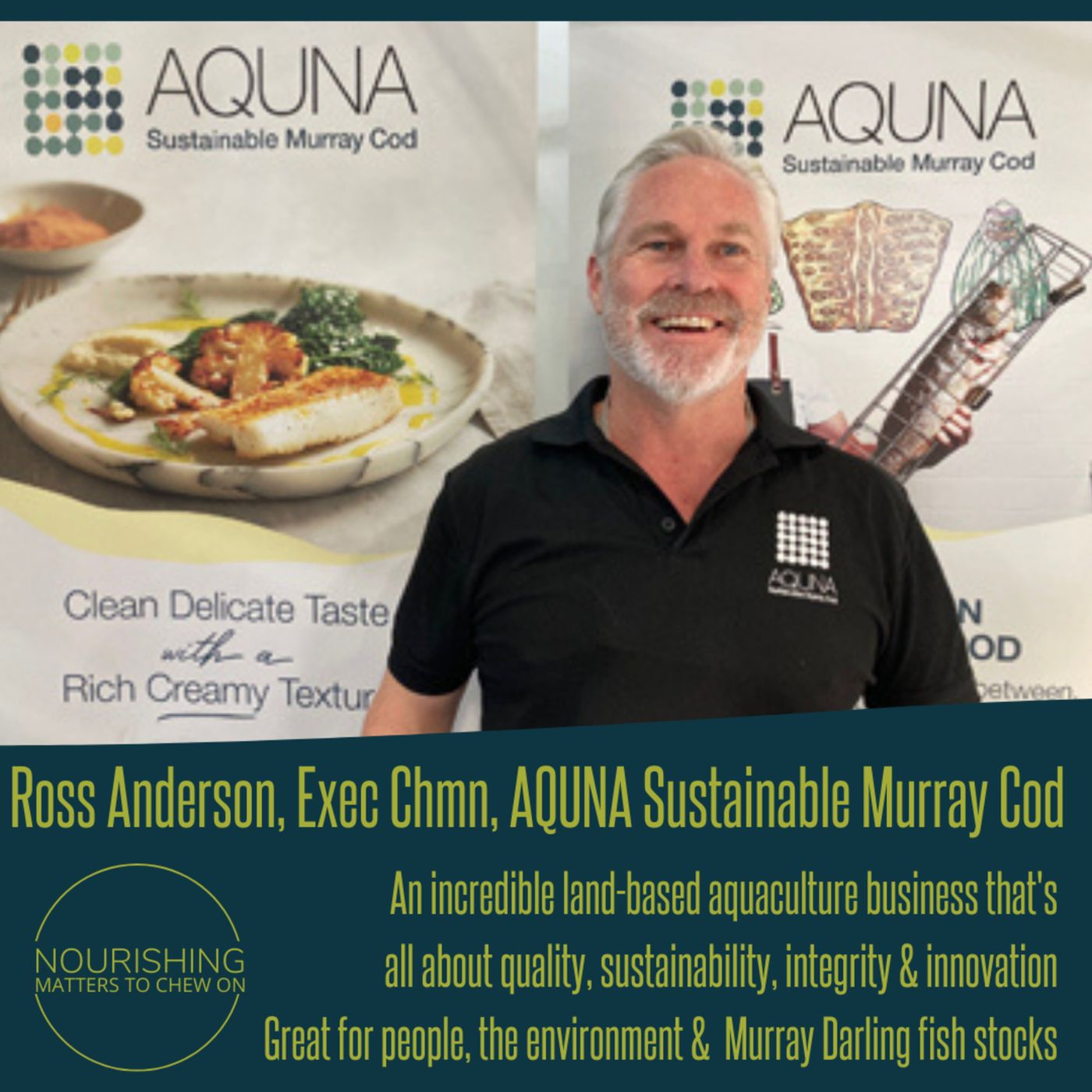
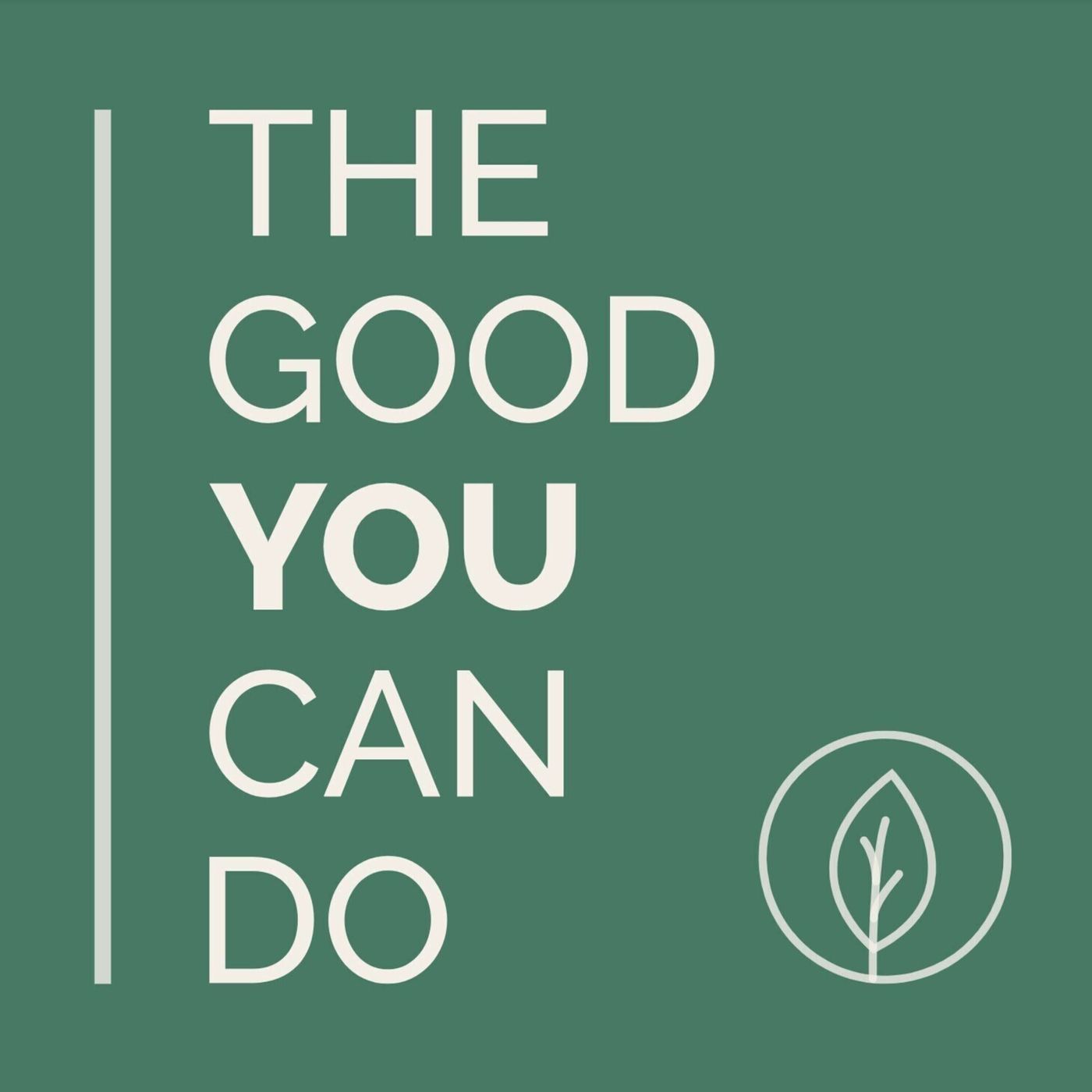
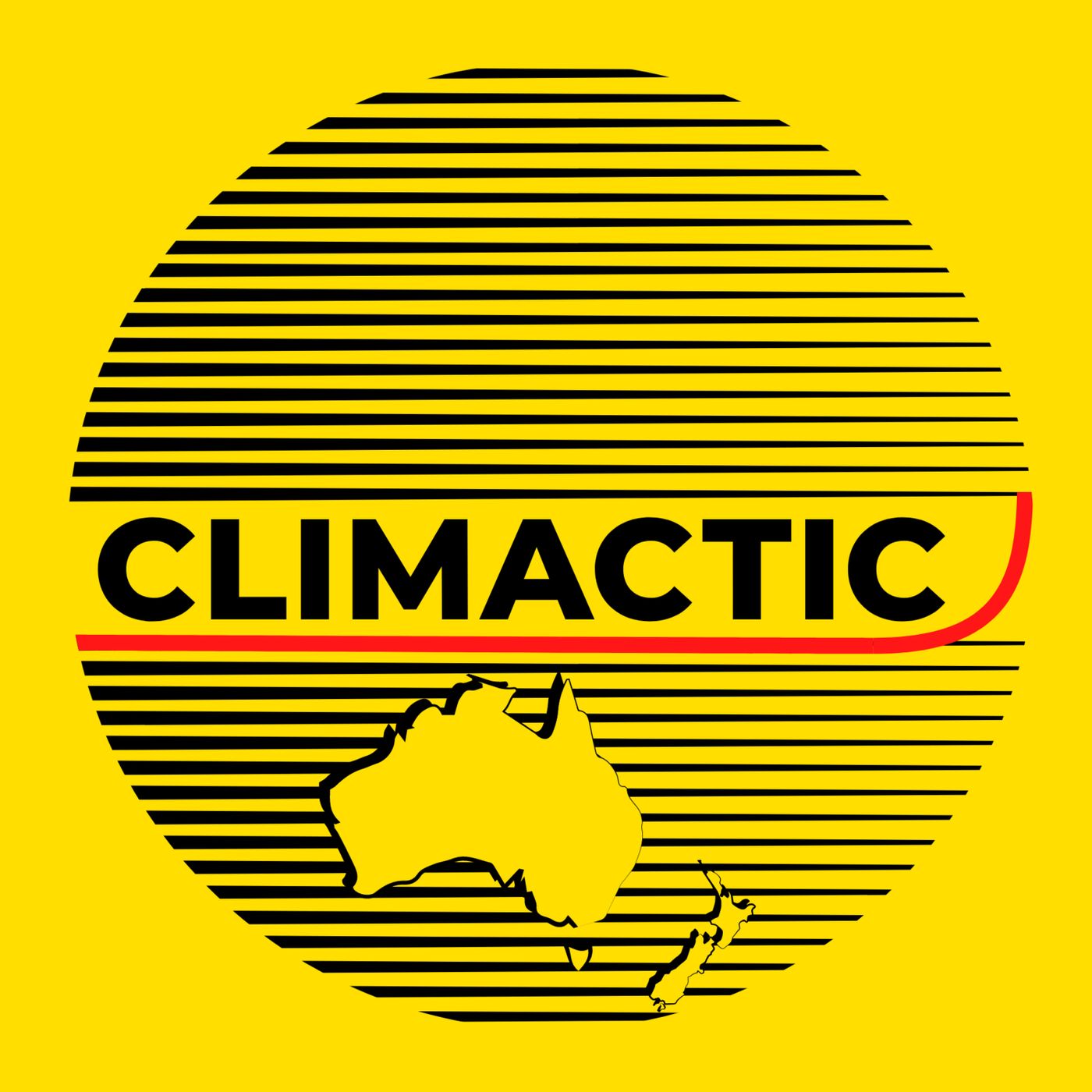

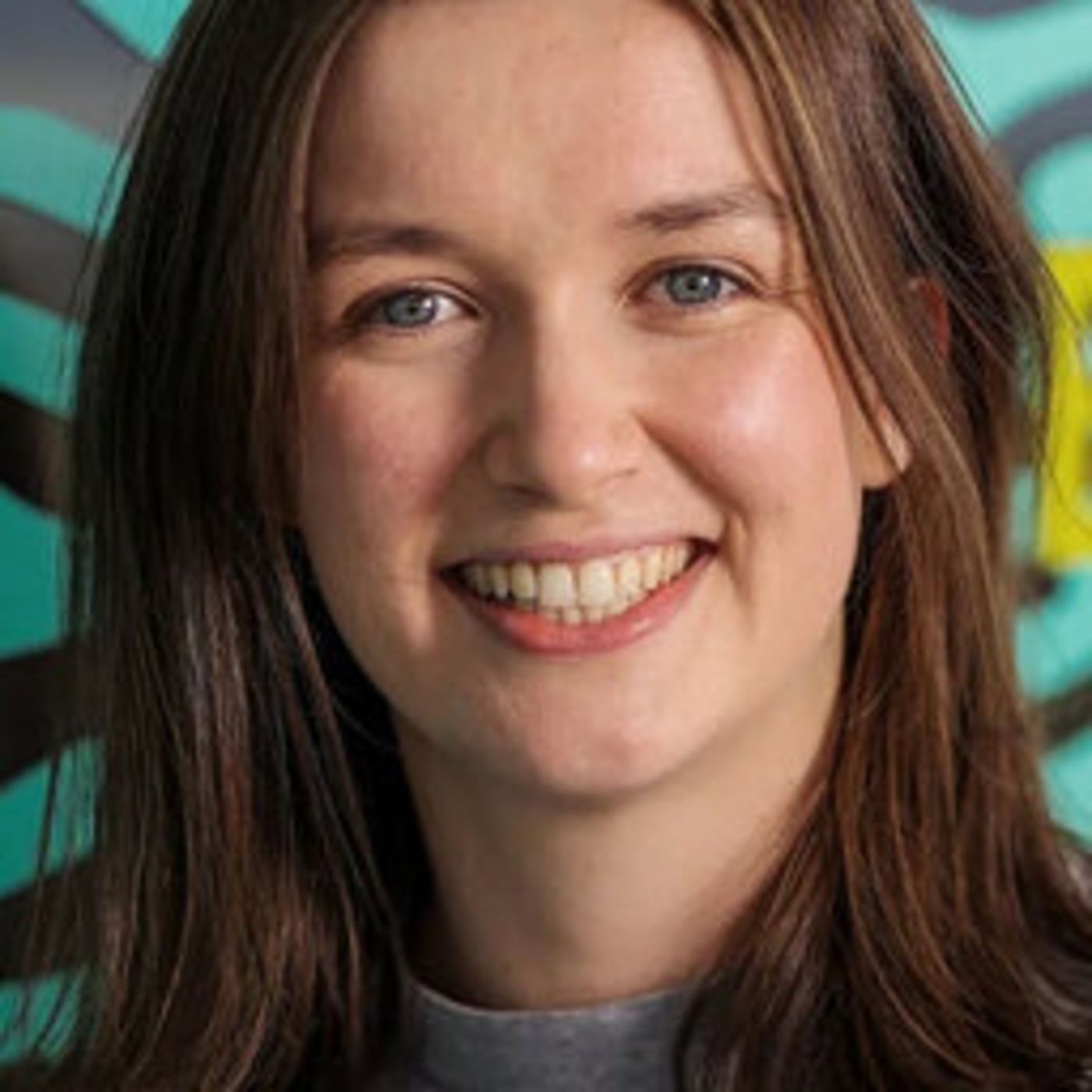
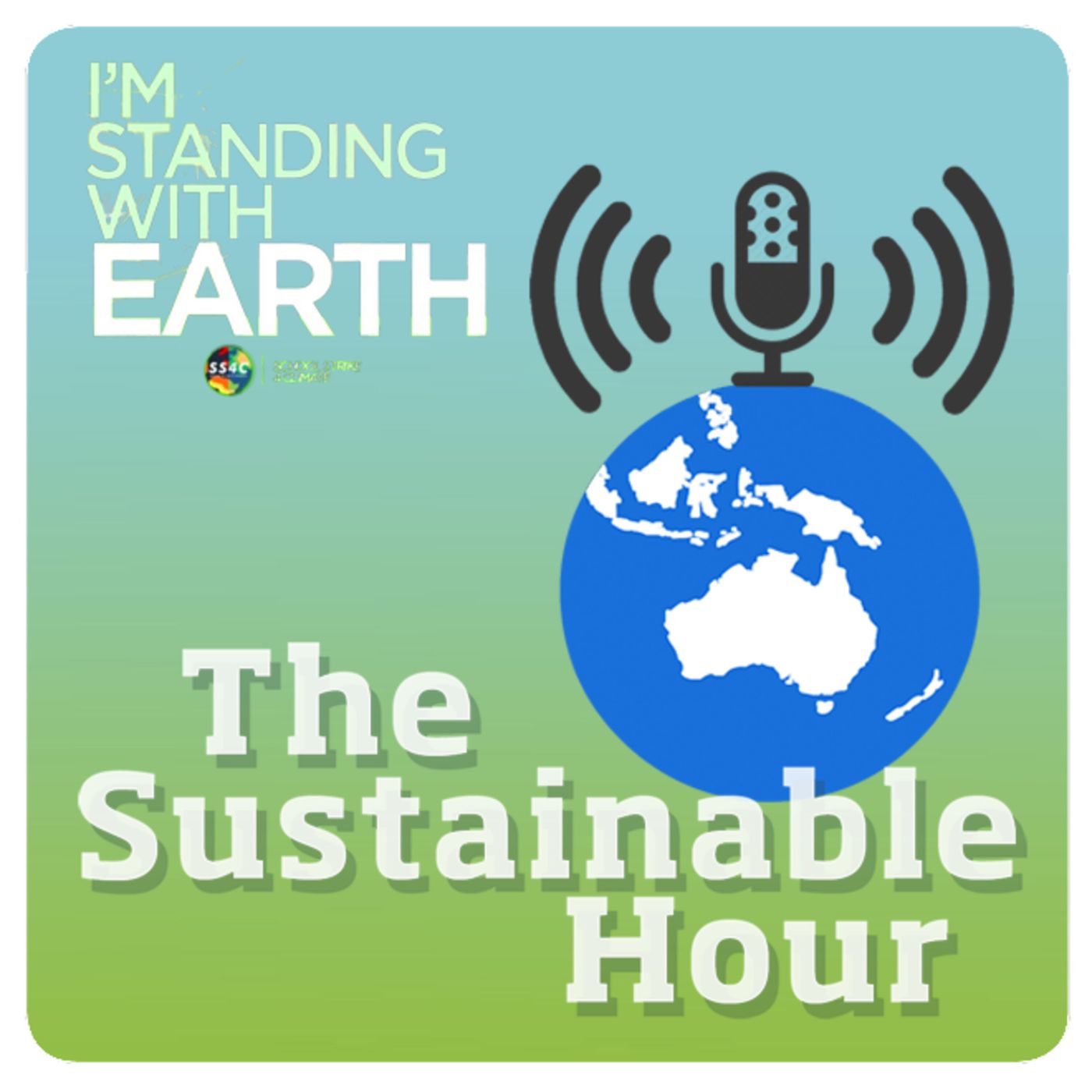

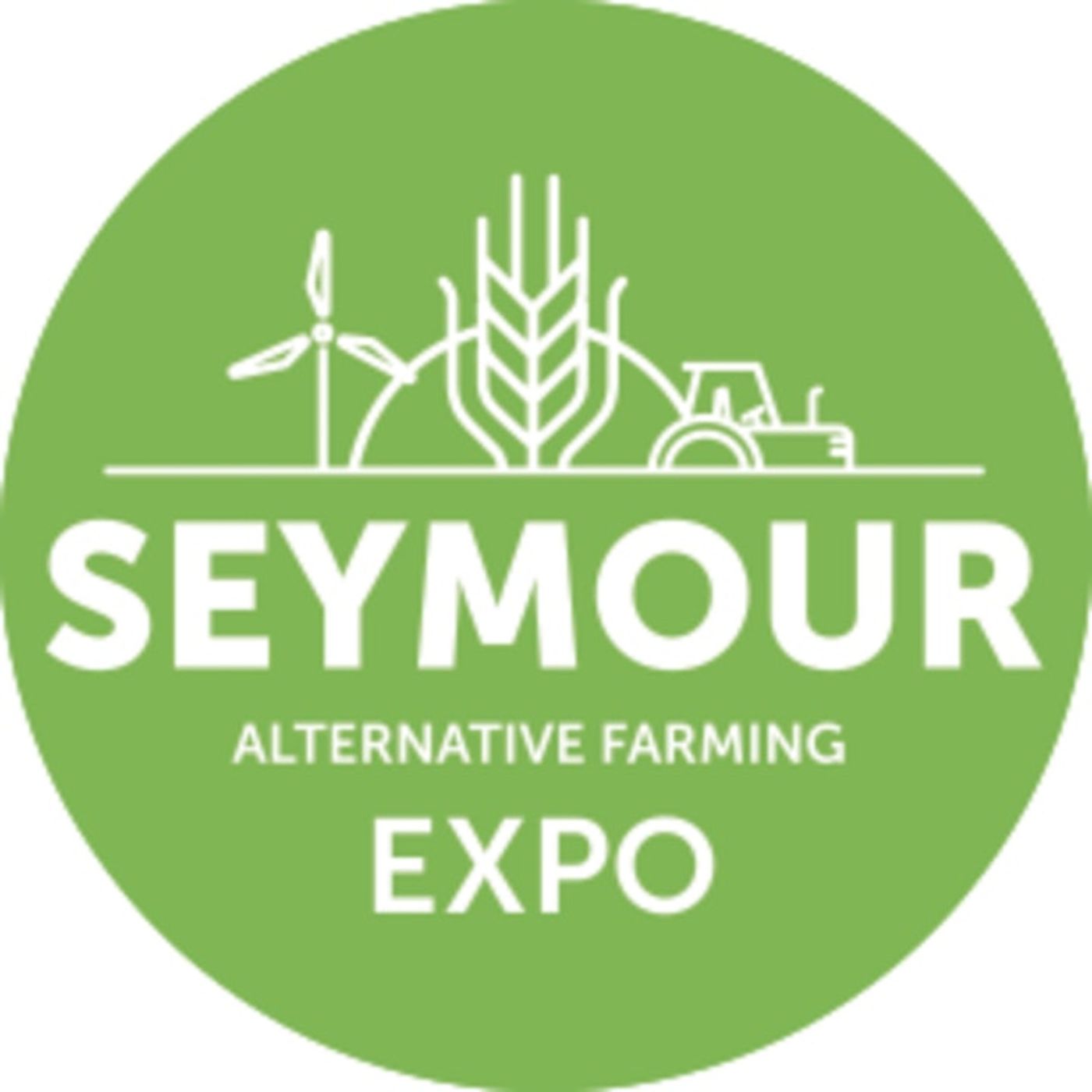
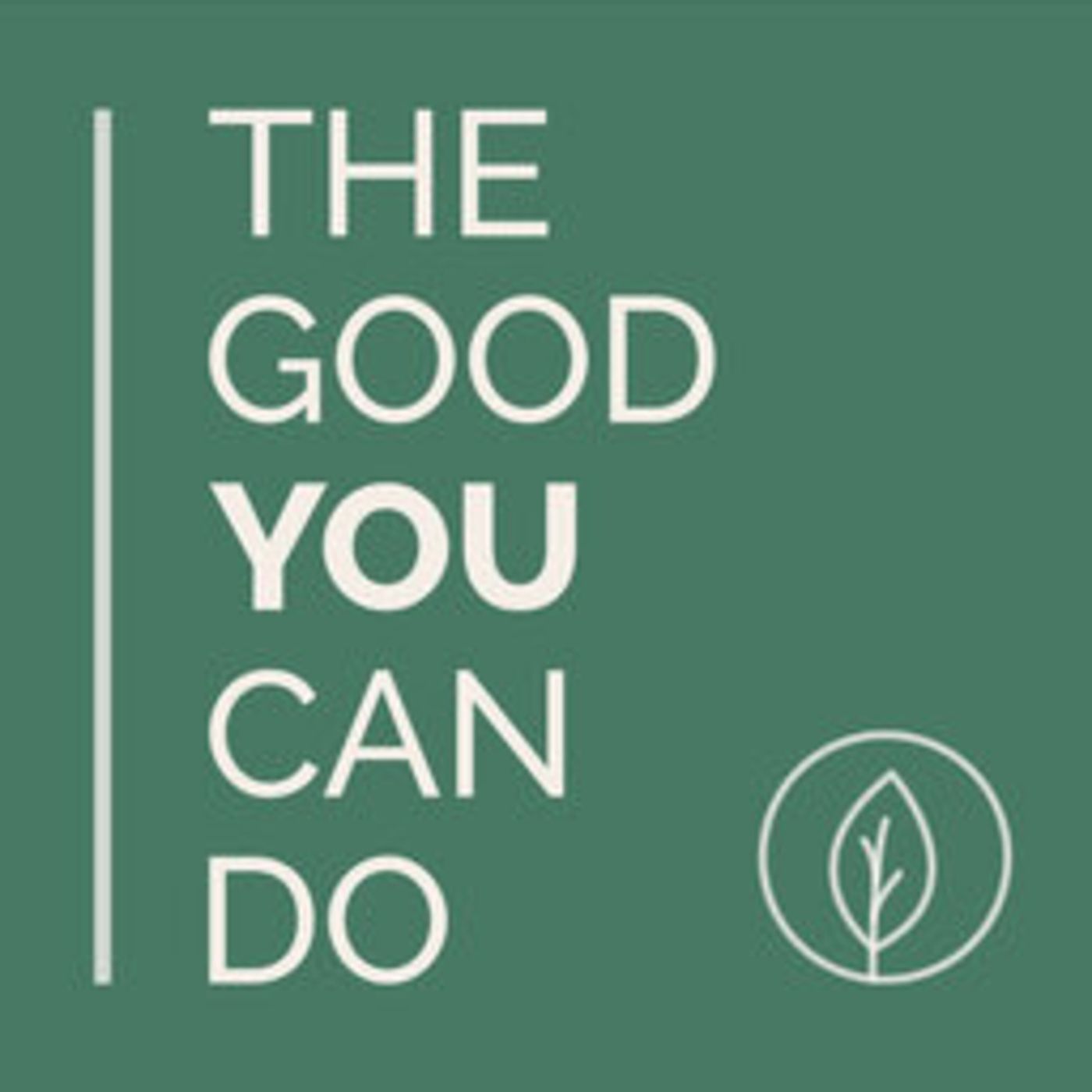
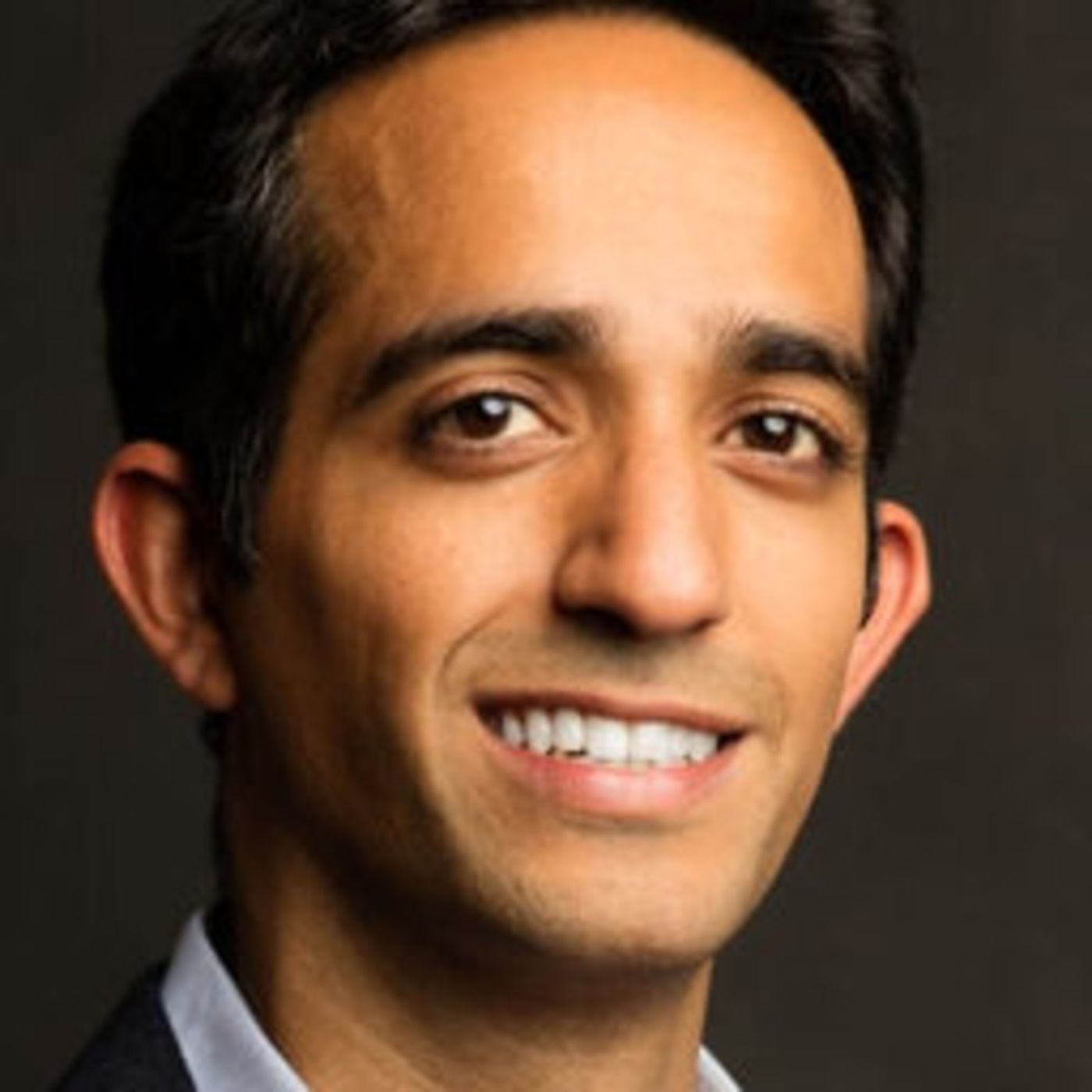
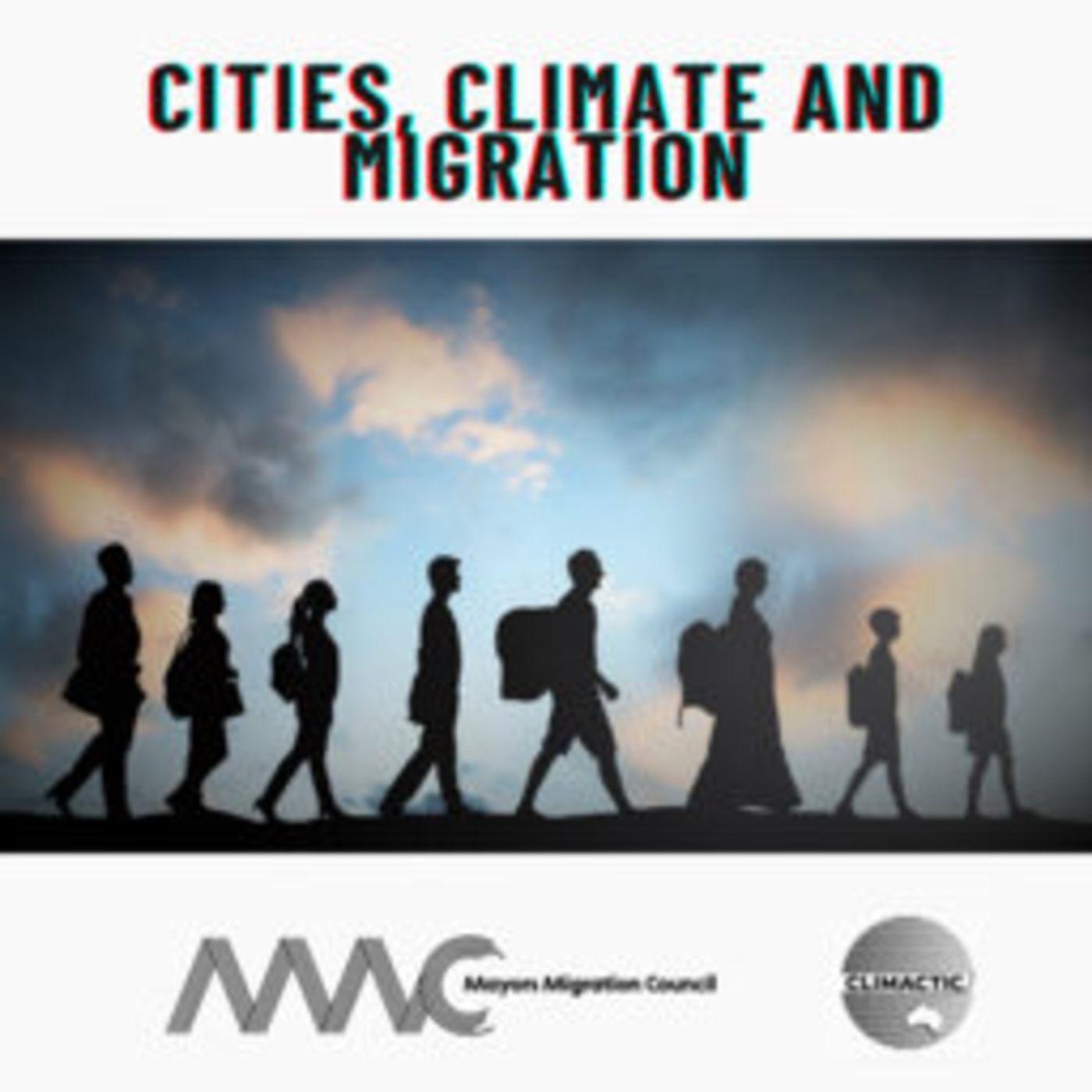
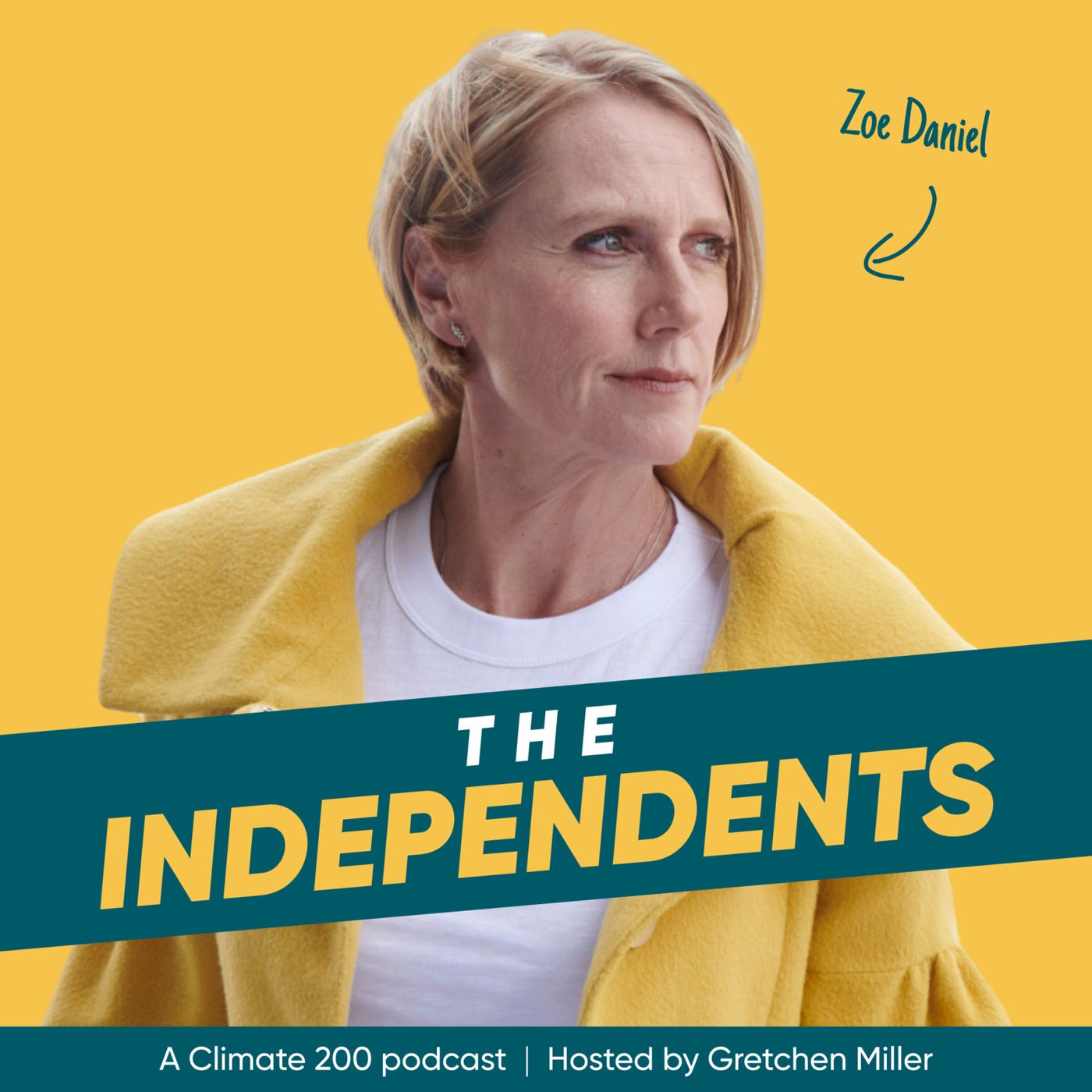
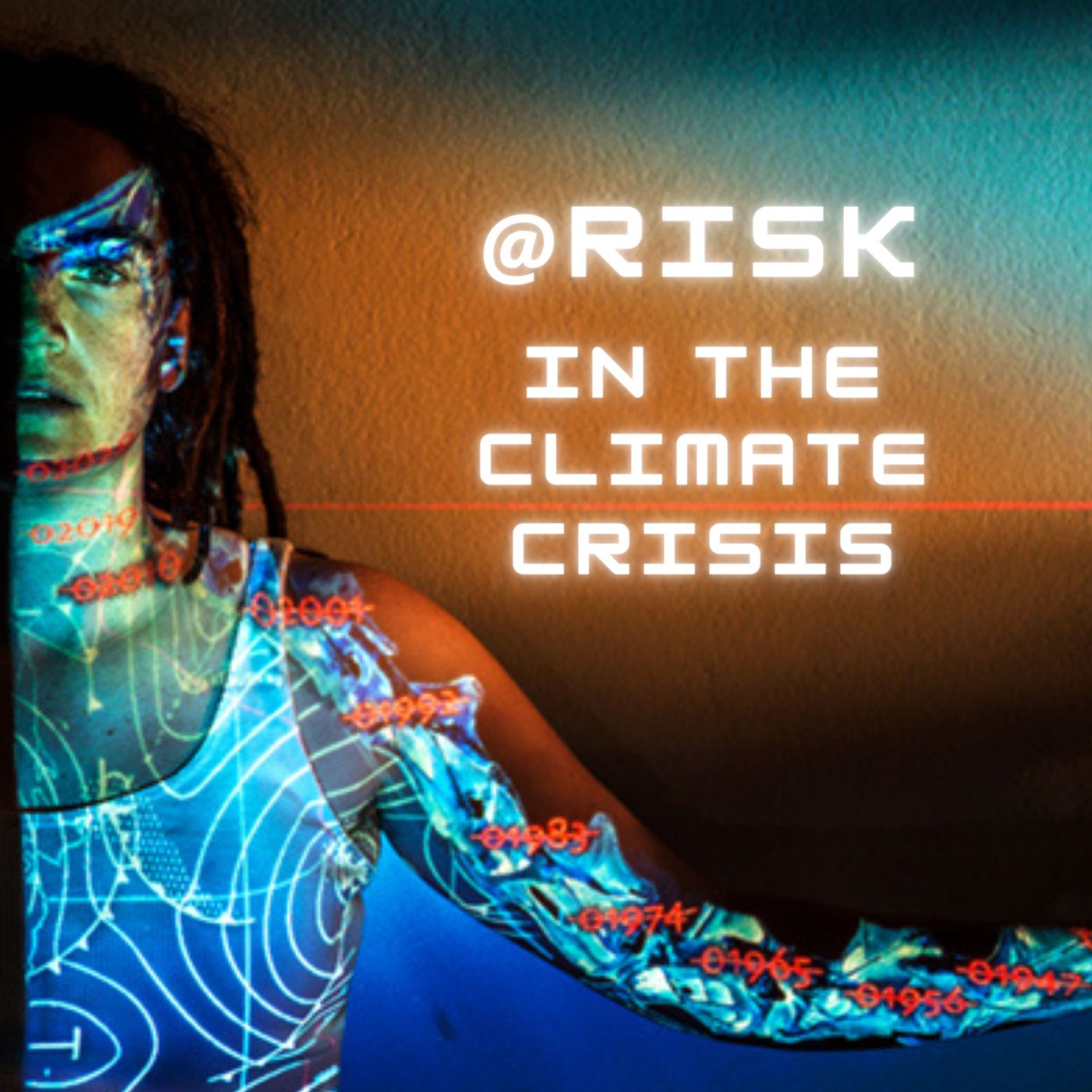
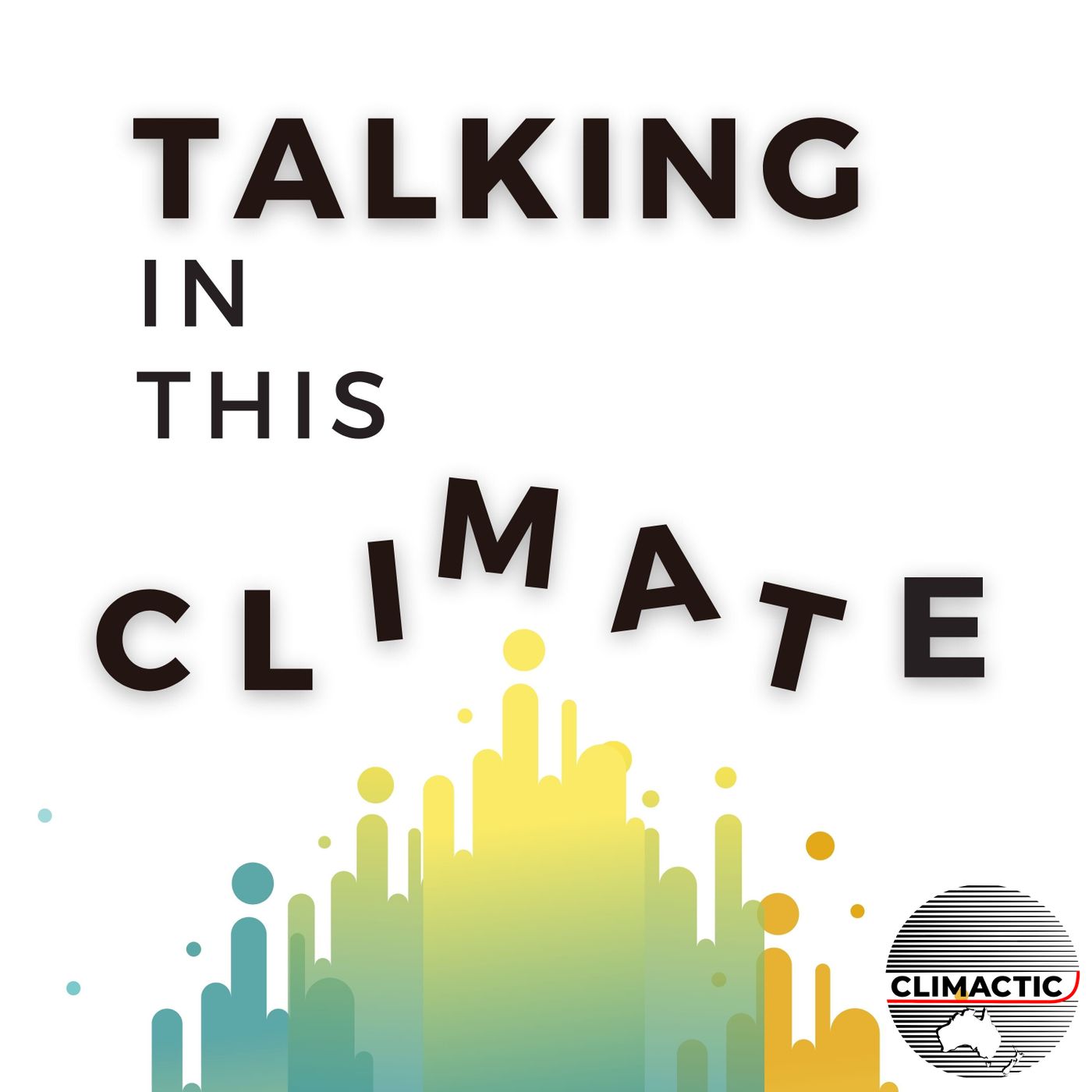
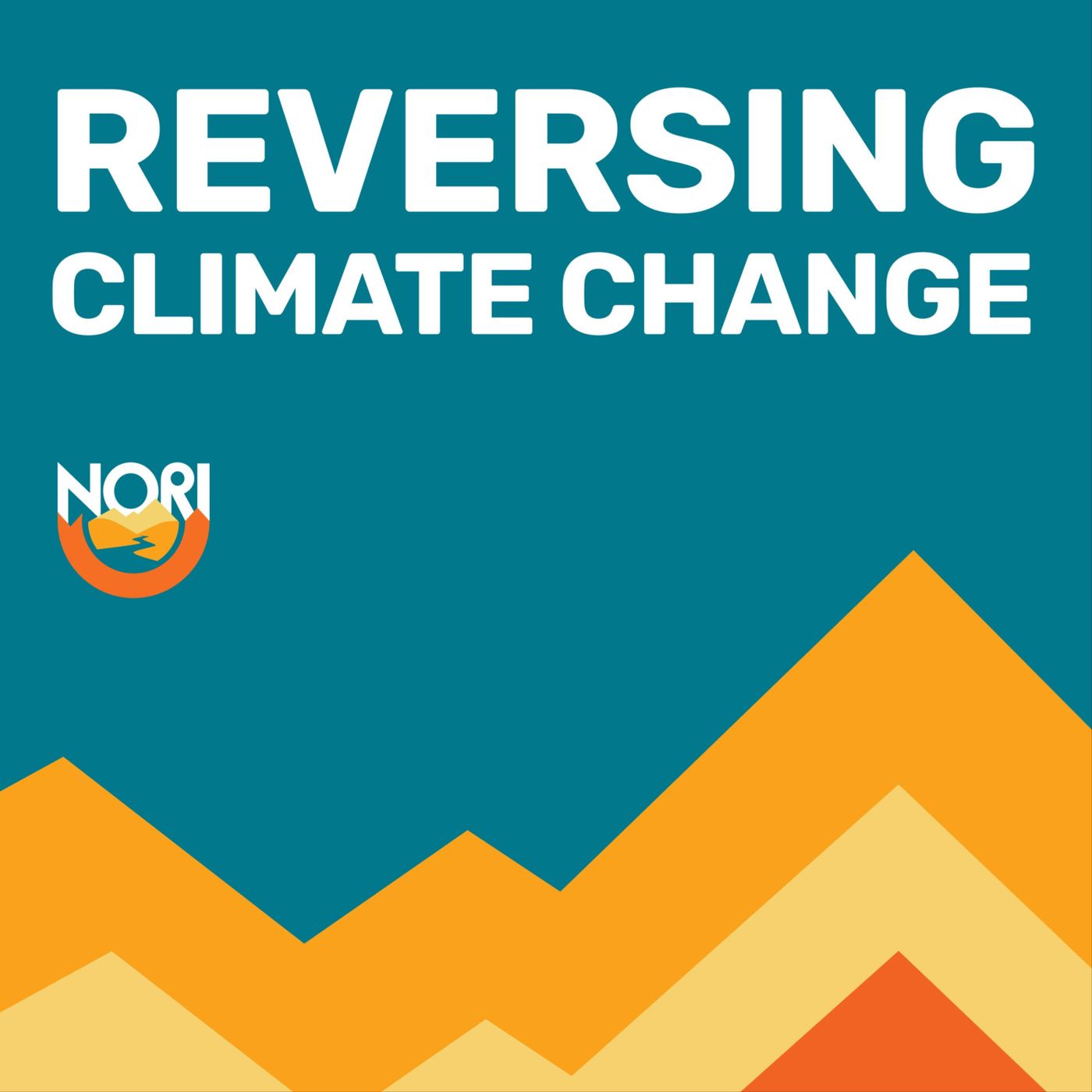
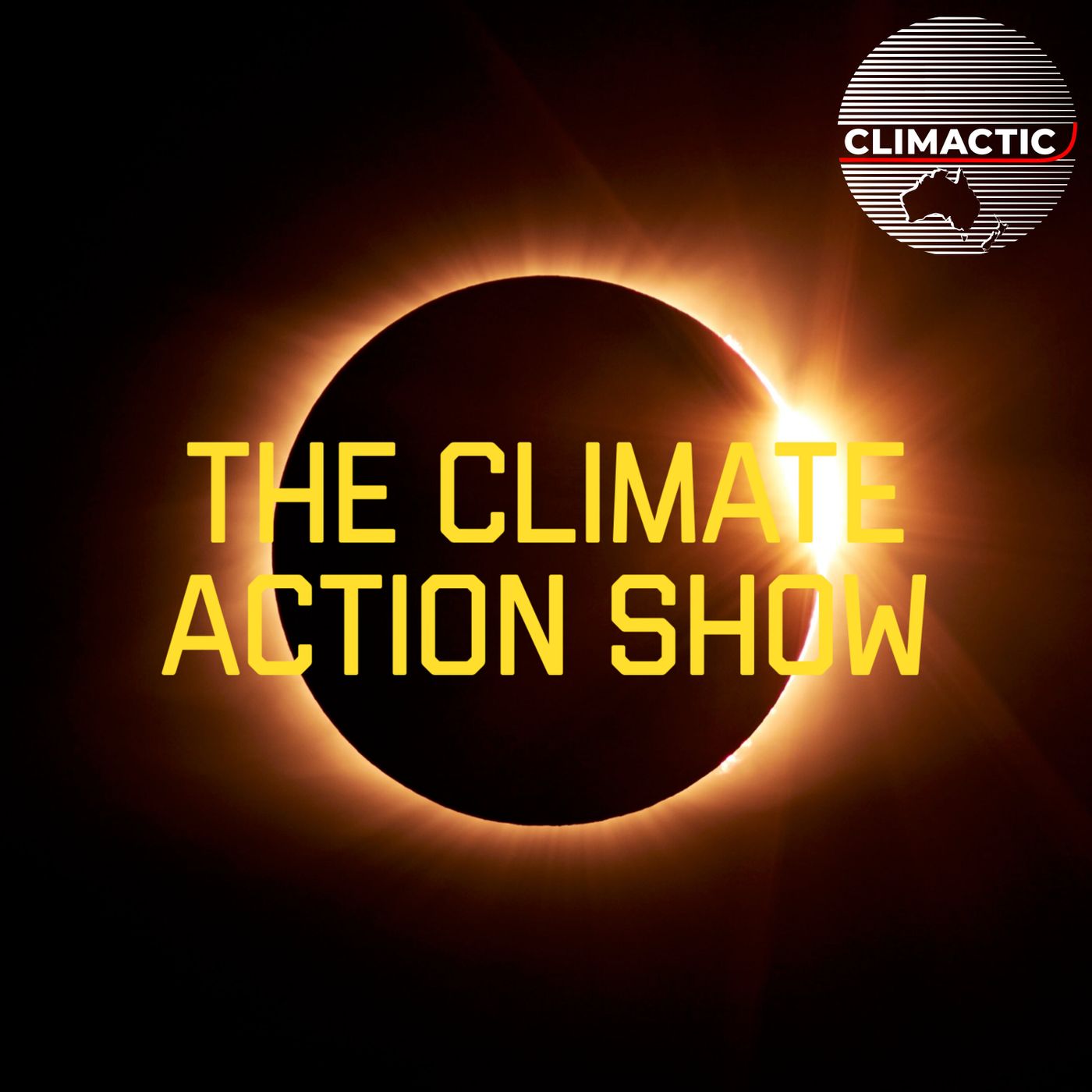



I loved this episode. Imogen Jubb is so inspiring!